
In November, the United States celebrates National Family Caregivers Month (NFCM), a time to honor and recognize these individuals.
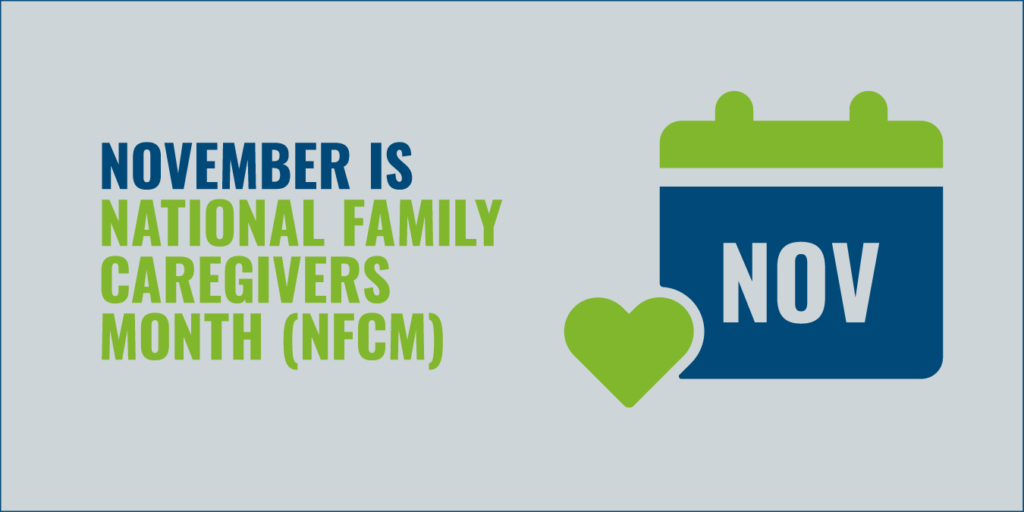
This month is dedicated to recognizing and acknowledging the compassionate care provided by millions of family members to their loved ones. It brings to the forefront the mobility challenges many face on a daily basis. In this annual celebration, healthcare providers, communities, and businesses can raise awareness, offer support, and advocate for those who give so much of themselves to ensure the health and wellbeing of their family members.
In healthcare and family support, caregivers are unsung heroes. These individuals care for loved ones who have disabilities, illnesses, or are aging. Their role encompasses emotional, physical, and often financial support required to provide care to a loved one. Providing billions of hours of unpaid labor each year, caregivers are the backbone of in-home care. Not only does their dedication improve the lives of those they care for, but it also significantly reduces the strain on our healthcare system.
As a provider of accessibility and mobility solutions, Next Day Access is committed to supporting caregivers in their vital roles. From installing wheelchair ramps to providing mobility scooters and stair lifts, Next Day Access offers products and services designed to ease caregiving physical demands. By enhancing home accessibility, caregivers can focus on the emotional and personal aspects of care, which are just as crucial as the physical ones.
Keep reading to discover the significance of National Family Caregivers Month. Explore the journey of caregiving and learn how Next Day Access empowers caregivers and those in their care. We will highlight how the right tools and support can transform caregiving from a challenge into an experience that brings families closer together, fostering independence and dignity for all involved.
Understanding National Family Caregivers Month
National Family Caregivers Month was first established by the National Family Caregivers Association in the mid-1990s. It has been recognized by an official proclamation from the United States President annually since then. NFCM acknowledges the contributions of family caregivers, increases support for caregiving activities, and raises awareness about caregiver issues. Each year, a new theme is chosen to highlight different aspects of caregiving. For example, recent themes have focused on the challenges of caregiving during the pandemic, the need for respite, and the importance of caregiver health and wellness.
The significance of this month lies in its ability to shine a light on family caregivers’ often invisible work. It’s a time to advocate for stronger public policy to support caregivers and educate communities about the resources available to assist them. Statistics from various sources, including the AARP and the National Alliance for Caregiving, paint a vivid picture of family caregiving in the U.S.:
- Approximately 53 million Americans serve as unpaid caregivers for adult family members or friends.
- Caregivers can spend, on average, 24.4 hours per week providing care, with 1 in 4 spending 41 hours or more.
- Their unpaid contributions were valued at around $470 billion in 2017, which is more than Walmart’s annual sales.
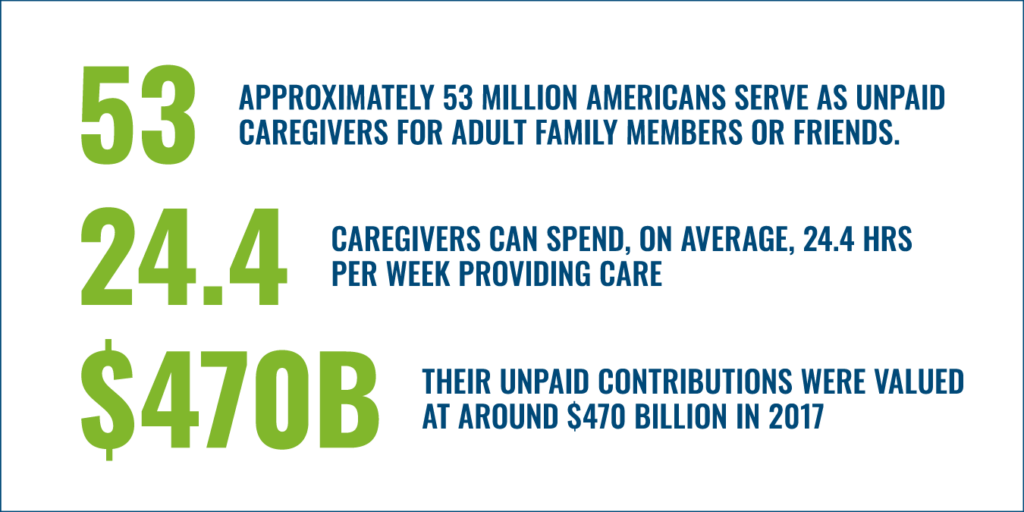
The Life of a Caregiver
The life of a caregiver is one of constant balance and adaptation. Day-to-day responsibilities can include managing medications, assisting with personal hygiene, preparing meals, and providing transportation to appointments. Caregivers often have to perform complex medical tasks that were once the domain of only healthcare professionals. These tasks include wound care, injections, and operating medical equipment.
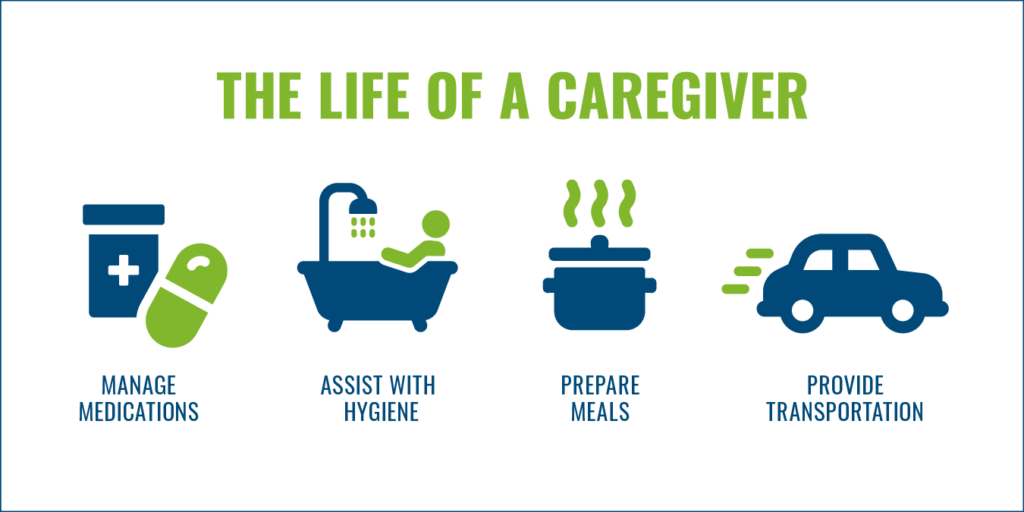
Caregiver’s emotional and physical impact cannot be overstated. Caregivers often experience high levels of stress, which can lead to physical health problems like high blood pressure and heart disease. In addition, caregivers often experience mental health issues, including depression and anxiety. The emotional toll can be exacerbated by the financial strain many caregivers experience. Caregivers may need to reduce work hours or leave employment entirely.
There are often multiple roles played by caregivers. They are providers, ensuring the safety and well-being of their charges. They are also family members, with an emotional bond and personal history that can complicate the caregiving dynamic. This dual role can be a source of strength and challenge, as caregivers navigate the intersection of care and familial love.
The Caregiver’s Support System
Caregiver roles are often so demanding that they can overshadow the caregiver’s own needs for support, rest, and assistance. A robust support system is not just beneficial; it’s a critical component of caregiver well-being. Support networks can include family members, friends, healthcare professionals, and caregiver support organizations. These networks provide emotional support, practical assistance, and a break from the day-to-day responsibilities of caregiving.
Numerous resources and organizations are dedicated to supporting caregivers. For instance, the Family Caregiver Alliance (FCA) and the National Alliance for Caregiving (NAC) offer a wealth of online resources, including how-to videos, peer support, and policy advocacy. Government programs, such as the National Family Caregiver Support Program (NFCSP), provide grants to states to fund various supports that help family and informal caregivers to care for their loved ones at home for as long as possible.
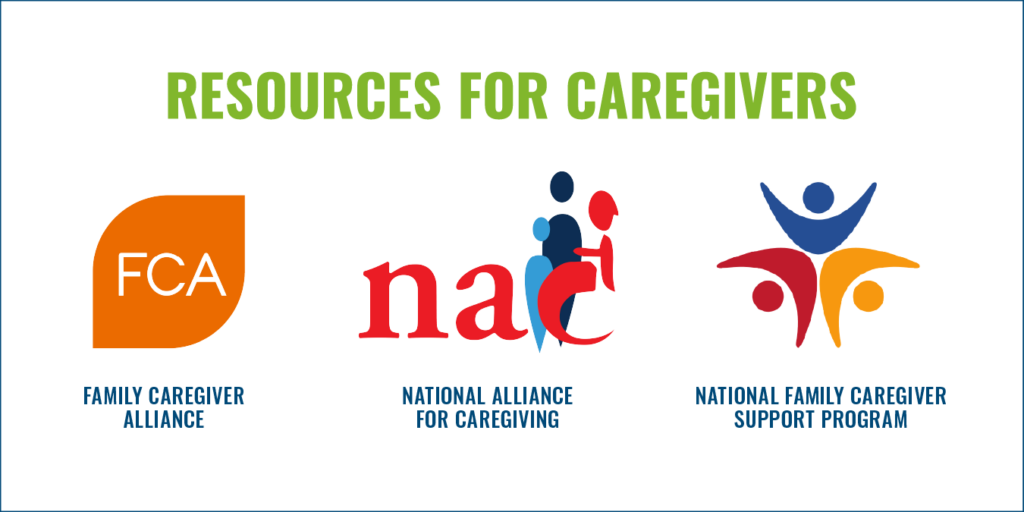
Community assistance programs also play a vital role. Local Area Agencies on Aging (AAA) can be a starting point for finding services like respite care, transportation, and legal assistance. Moreover, the U.S. Department of Health & Human Services offers resources through the Administration for Community Living. The Centers for Medicare & Medicaid Services also provide information on coverage for certain caregiver services.
Solutions to Empower Caregivers and Recipients
Next Day Access has curated a suite of products designed to empower both caregivers and those they care for. These products enhance safety, independence, and quality of life. Each product serves a specific purpose in the caregiving journey, addressing the unique challenges faced by individuals with mobility issues.
- Wheelchair ramps and stairlifts for improved home access.
- Mobility scooters and vehicle lifts for increased independence outside of the home.
- Patient lifts and grab bars to assist with safe transfers and prevent falls.
- Bathroom safety products including shower seats and walk-in bathtubs to ensure one of the most personal spaces is also secure.
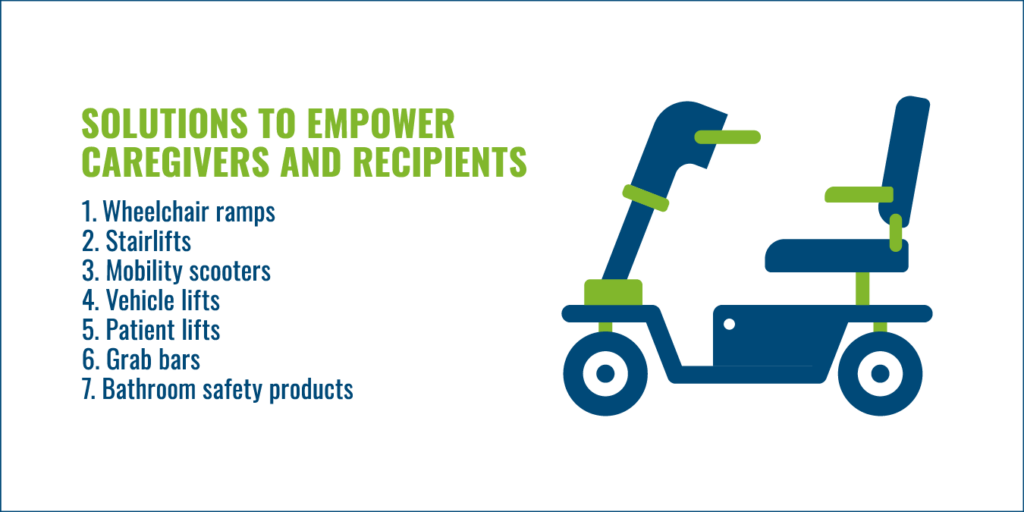
These products are not only about functionality; they are about restoring freedom to caregivers
and those they care for. The goal is to reduce the physical strain on caregivers and increase the autonomy of care recipients to improve the quality of life for both parties.
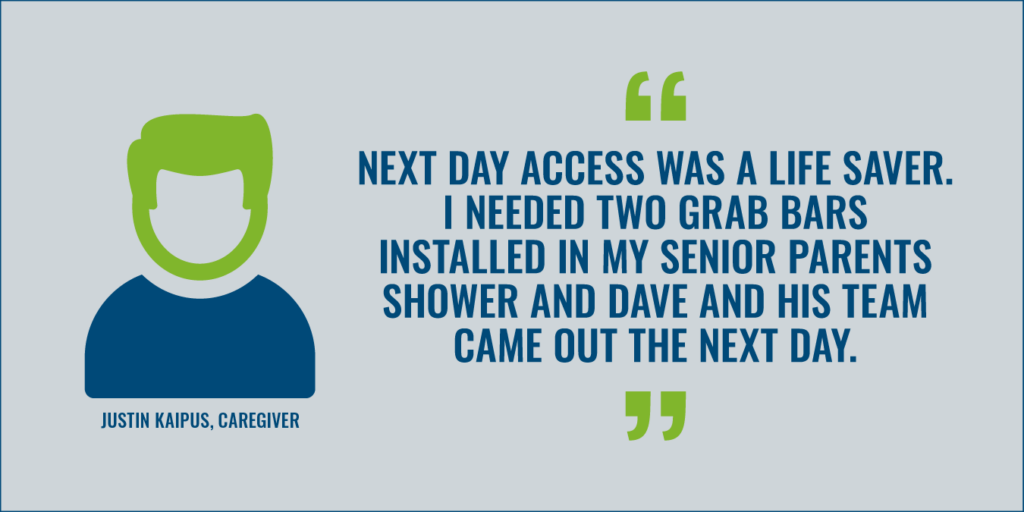
By listening to caregiver needs and responding with innovative products and compassionate service, Next Day Access has become an integral part of the caregiving community. For example, caregiver Justin Kaipus shared, “Next Day Access was a life saver. I needed two grab bars installed in my senior parents shower and Dave and his team came out the next day.” Another stated, “I’d like to personally thank Brian Week at Next Day Access for coming out of his way to service the Freecurve stairlift my elderly mother and father use daily. We really appreciate his professionalism, quick response, and wisdom.”
10 Ways to Support the Caregivers in Your Life
Beyond the tangible benefits of products designed to alleviate caregiving’s physical demands, there exist a multitude of ways to support the caregiver in your life. These pillars of compassion and resilience often carry on their duties quietly, yet they deserve every bit of support we can offer. Here’s how you can extend a helping hand:

1. Offer Your Time
One of the most precious resources for a caregiver is time. Offer to spend time with the person they care for, giving the caregiver a much-needed break. Even a couple of hours can recharge them.

2. Listen and Acknowledge
Sometimes, what a caregiver needs most is someone to listen. Acknowledge their dedication and the emotional and physical toll it can take. A simple conversation can be a significant source of comfort.

3. Help with Errands
Caregivers often struggle to find time for everyday tasks. Offering to run errands like grocery shopping, picking up prescriptions, or even taking a pet for a walk can be an enormous help.
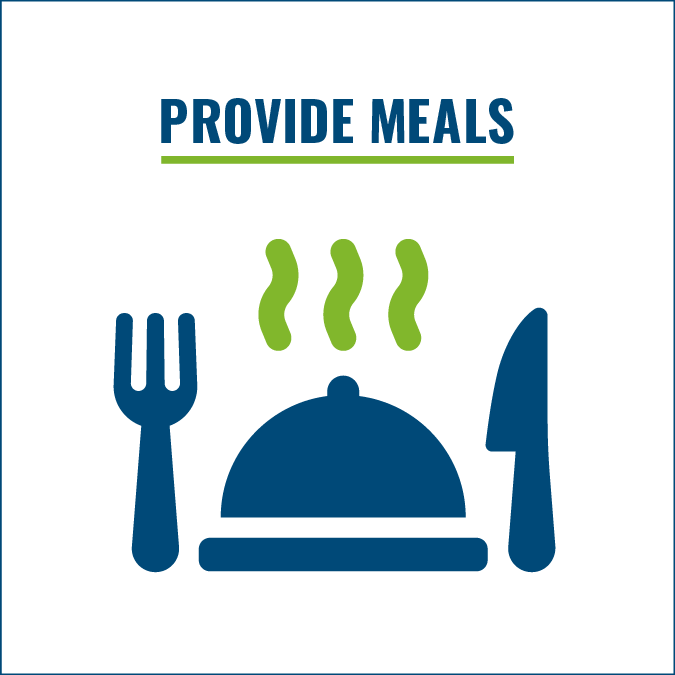
4. Provide Meals
Preparing meals can be time-consuming. You can help by delivering homemade meals or arranging for a meal delivery service. This not only eases their workload but also ensures they can enjoy a nutritious meal.
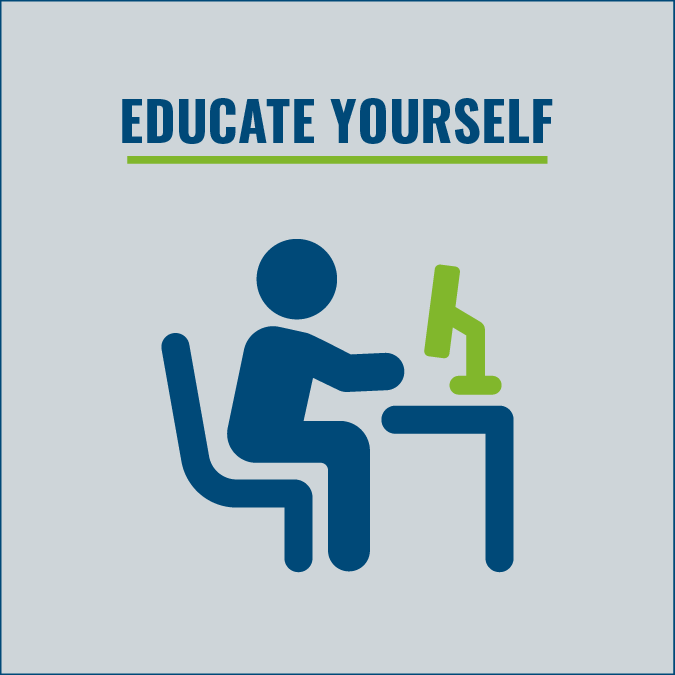
5. Educate Yourself
Understand the specific condition the care recipient is dealing with. This knowledge can make you a more effective supporter and may also provide the caregiver with someone to discuss care-related issues.
6. Organize a Support Schedule
Coordinate with other friends and family members to create a support schedule. This can help ensure that the caregiver has ongoing support and doesn’t have to manage everything alone.
7. Encourage Self-Care
Caregivers often neglect their own health and well-being. Encourage them to take care of themselves by gifting them with a massage, a gym membership, or simply some quiet time for themselves.
8. Professional Support
Sometimes the most effective way to help is to encourage professional services. This might include cleaning services, respite care, or professional caregiving assistance.
9. Financial Assistance
If possible, offer financial support. This could be direct financial help or assistance in finding and applying for grants and benefits.
10. Celebrate Their Efforts
Recognize and celebrate caregiver efforts, not just on special occasions but regularly. A thank you card, a small gift, or a public acknowledgment of their dedication can go a long way.
The Emotional Journey of Caregiving
Caregiver’s emotional landscape is as varied and complex as the caregivers themselves. It is a role that can be rewarding and challenging. It is filled with moments of profound connection and the satisfaction of providing care for a loved one.
Caregivers often share touching stories about their experiences. One caregiver spoke of the deep bond that developed while caring for her mother with dementia, finding joy in the small moments they shared each day. Another expressed the sense of fulfillment he felt when using a patient lift to comfortably move his father, allowing him to maintain his father’s dignity during personal care tasks.

Yet, the journey is not without its stresses. Caregivers must often find ways to cope with their emotional toll. Support groups, counseling, and self-care are vital strategies caregivers use to manage stress and maintain well-being.
Next Day Access’s commitment to accessibility extends beyond providing products. It’s about delivering personalized solutions that fit the unique needs of each home and individual. They understand that no two caregiving situations are the same, and they pride themselves on offering customized solutions that foster independence for individuals with mobility challenges.
The company’s role in fostering independence is evident in their approach to home
modifications. Whether it’s a custom-fit stair lift that matches the exact curve of a staircase or a bathroom retrofit designed to accommodate specific mobility needs, Next Day Access ensures that each solution is tailored to the individual’s lifestyle and the caregiver’s capacity to assist.
This commitment to customization and adaptation is a cornerstone of Next Day Access’s philosophy. It’s not just about making homes accessible; it’s about supporting the independence and dignity of every individual they serve, and in turn, empowering the caregivers who support them.
Financial and Legal Considerations for Caregivers
Caregiving often comes with significant financial and legal responsibilities that can impact the caregiver’s present and future income stability. Planning for long-term caregiving involves navigating a complex landscape of costs, including medical expenses, home modifications, and potential loss of income. Caregivers are encouraged to seek financial advice to manage these expenses effectively and explore insurance options that may cover some aspects of care.
Medicare and Medicaid provide some relief, although coverage is limited. Medicare may cover certain medical devices or short-term care costs, but it does not typically pay for long-term care. Medicaid coverage varies by state but may offer more comprehensive support for long-term care needs, especially for those with limited income and resources.
Legal considerations are equally relevant. Caregivers should know legal documents such as powers of attorney, advance directives, and living wills. These documents ensure that the caregiver can make decisions on behalf of the care recipient if they cannot do so themselves. Resources like the National Center on Law & Elder Rights (NCLER) provide legal training and technical assistance to address older adults’ needs.
The Future of Caregiving
The caregiving industry is on the cusp of transformation, with technological advancements paving the way for innovative tools and resources. Wearable devices that monitor health, telehealth services, and smart home technologies are becoming more prevalent, offering new ways to provide care and monitor care recipients’ well-being.
Predictions for the caregiving industry suggest an increase in demand for home-based care and an increased focus on technologies that promote independence and safety. Next Day Access is committed to staying at the forefront of product development, ensuring that their offerings meet the evolving needs of caregivers and those they care for. The company continually explores innovations in products and services that enhance the caregiving experience.
Your Partner in Caregiving
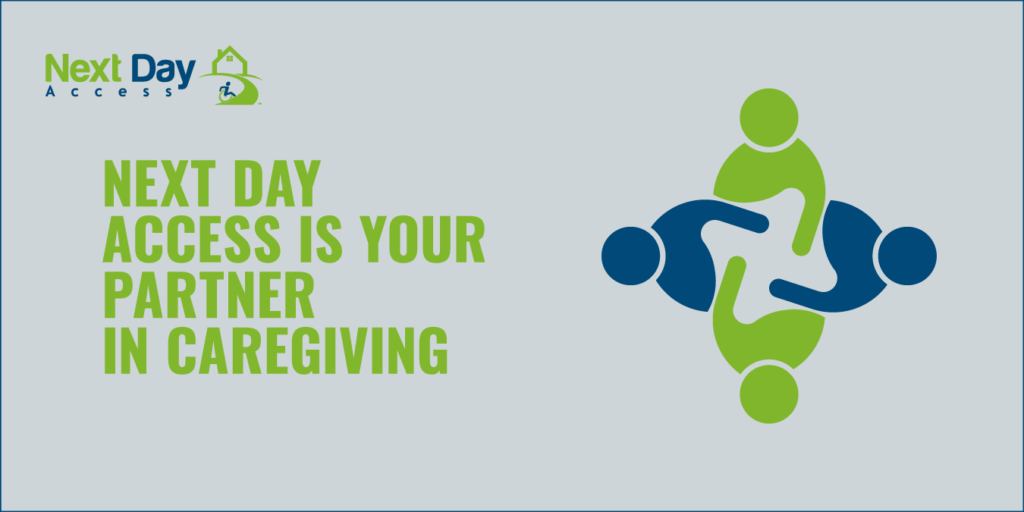
As we reflect on National Family Caregivers Month, we are reminded of the immense value caregivers bring to our communities and the lives they touch. This observance is not just a time for recognition but also a call to action for support, advocacy, and tangible assistance for those who give so much of themselves to care for loved ones.
We all have a part to play in supporting caregivers. Whether it’s through advocating for policy changes, offering a listening ear, or providing resources, every action counts. Consider how you can engage with Next Day Access, whether it’s for yourself, a loved one, or someone you know who is in the caregiving role. Explore their products, take advantage of their services, and join the conversation about how we can all contribute to a society that fully supports those who care for others.
Let us all take a moment to honor the dedication of family caregivers. Their unwavering commitment to providing care strengthens the very fabric of our society. This National Family Caregivers Month, let us commit to not only celebrating their contributions but also to actively supporting them throughout the year.





